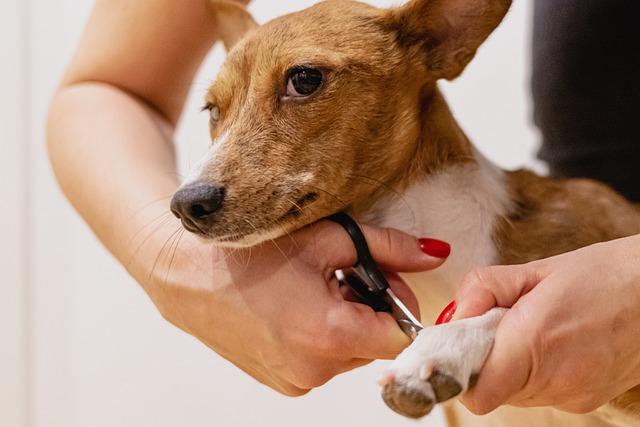In the heartwarming world of wagging tails and gentle purrs, our pets are cherished companions who fill our lives with joy and unconditional love. Yet, just like us, they can face health challenges that require our attention and care. Understanding common pet diseases is essential for every pet owner, empowering us to provide the best care and ensure our furry friends lead happy, healthy lives. Join us as we explore the vital signs, symptoms, and preventative measures that will keep your beloved pets thriving by your side.
Understanding Symptoms: Your Pet’s Silent Signals
Our pets often communicate their discomfort through subtle cues rather than obvious signs. Recognizing these silent signals is crucial for early detection of potential health issues. Animals instinctively hide their vulnerabilities, so it’s up to us to be vigilant.
- Changes in Appetite: A sudden lack of interest in food or excessive eating can indicate underlying health problems.
- Altered Behavior: Look for unusual lethargy, aggression, or anxiety. These behaviors might be your pet’s way of telling you something is wrong.
- Physical Symptoms: Watch for persistent scratching, coughing, or limping, as these can be signs of allergies, infections, or injuries.
By understanding these subtle signals, you can ensure your pet receives the care they need promptly. Regular check-ups with a veterinarian can also help in catching these issues before they escalate.

Prevention First: Building a Healthier Tomorrow
Ensuring the well-being of our furry companions starts with a proactive approach. Embracing preventive measures not only shields pets from common ailments but also fosters a vibrant and joyful life. As pet owners, staying informed about potential health risks is paramount. Consider the following key steps to safeguard your pet’s health:
- Regular Check-ups: Schedule routine vet visits to catch any potential issues early. Early detection can make a significant difference in treatment outcomes.
- Vaccinations: Keep your pet’s vaccinations up-to-date to protect against contagious diseases. Consult your vet for a tailored vaccination plan.
- Balanced Diet: Ensure a nutritious diet to support your pet’s immune system and overall health. Discuss dietary needs with your vet to avoid common nutritional deficiencies.
- Exercise and Mental Stimulation: Engage your pet in regular physical activities and mental challenges to keep them fit and mentally sharp.
By prioritizing prevention, you’re not just extending your pet’s lifespan but enriching the quality of the time you share together. A little foresight today paves the way for countless happy tomorrows.

Treatment Options: Navigating Care with Confidence
When it comes to caring for your beloved pets, understanding the array of treatment options available can empower you to make informed decisions with confidence. Every pet’s journey is unique, and so are the paths to healing. Embracing a comprehensive approach can make all the difference in their recovery and overall well-being.
- Veterinary Consultations: Regular check-ups ensure early detection and effective management of diseases. Building a strong relationship with your vet is key.
- Medications: From antibiotics to pain relievers, medications can play a crucial role in managing symptoms and aiding recovery.
- Therapeutic Diets: Nutrition tailored to your pet’s specific needs can enhance their health and support treatment plans.
- Alternative Therapies: Acupuncture, physiotherapy, and herbal remedies can complement traditional treatments, offering holistic benefits.
In navigating these options, it’s essential to consider your pet’s individual needs and lifestyle. With the right guidance, you can ensure they receive the best possible care, leading to happier, healthier lives.

Nutritional Wisdom: Feeding for Wellness
Ensuring your pet’s diet is rich in essential nutrients is a cornerstone of maintaining their overall health. Just as in humans, a balanced diet can help prevent and manage a variety of diseases. Here are some common pet health issues that can be influenced by nutrition:
- Obesity: Overfeeding or providing an imbalanced diet can lead to weight gain, which in turn may cause joint issues, diabetes, and heart disease. Focus on portion control and nutrient-dense foods.
- Dental Disease: Poor nutrition can contribute to dental problems. Incorporating crunchy, fibrous foods can help clean teeth and maintain oral health.
- Allergies: Some pets suffer from food allergies, manifesting as skin irritations or digestive issues. Identifying and eliminating allergens is crucial for their well-being.
Incorporating fresh, whole foods and consulting with a veterinarian to tailor your pet’s diet can play a pivotal role in preventing these ailments. Remember, each pet is unique, and what works for one might not work for another. Embrace the journey of discovering what nourishes your pet best!


































